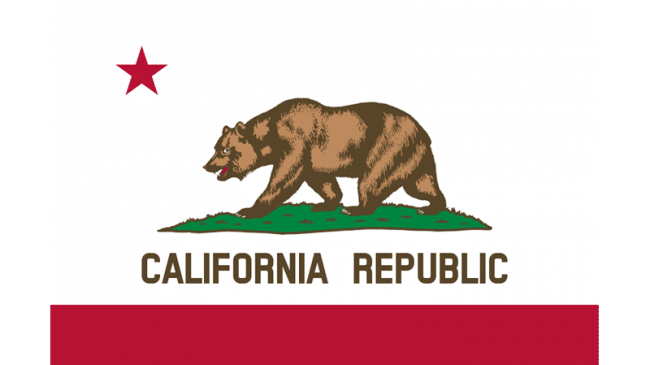Huntington Beach resident Frank LoGrasso recently launched an attempt to overturn the city’s ban on “single use” plastic shopping bags. LoGrasso’s effort reflects widespread frustrations with such bans. Opinion polls show bag bans are unpopular, and consumers are voting with their feet by shopping at stores outside bag ban areas. Nonetheless, it has emerged that state legislators in Sacramento have cut a deal that could pave the way for a statewide ban on plastic bags.
Last year, the Huntington Beach City Council passed an ordinance prohibiting retailers from distributing “single-use” plastic bags and requiring them to charge 10 cents for paper bags. Mr. LoGrasso is in the process of gathering the 10,940 signatures needed to get the repeal onto this November’s ballot and has received support from Huntington Beach Mayor Matthew Harper, who also opposes the bag ban.
Nearly 100 municipalities in California have implemented similar ordinances, including Laguna Beach and Dana Point.
Environmental groups claim these restrictions reduce litter, pollution and waste, but research suggests otherwise. Surveys in San Francisco and San Jose found that such bags constituted only about one-half of 1 percent of all litter. Meanwhile, the frequent claim that debris from plastic bags is responsible for killing huge numbers of birds and mammals does not seem to be based on any reliable analysis or evidence.
Environmentalists also claim that plastic bags waste resources and are responsible for unnecessary emissions. But when all the resources used during manufacture, use and disposal are taken into account, it turns out that plastic bags, in most cases, are more energy efficient than paper bags. They use far fewer resources, are responsible for fewer emissions and generate significantly less waste than paper bags.
Meanwhile, according to one study, reusable bags would have to be used more than 100 times to consume fewer resources than “single-use” plastic bags – almost certainly much higher than actual reuse rates.
Plastic bag bans are also unpopular. A recent Reason-Rupe poll showed that 60 percent of Americans oppose plastic bag bans, while only 37 percent favor them. And consumers are voting with their feet: A 2012 study found that 80 percent of retailers in areas of unincorporated Los Angeles County that had implemented a plastic bag ban experienced a decline in sales averaging 5.7 percent.
In contrast, 60 percent of retailers in incorporated L.A. County, areas that had not implemented a ban, experienced increases in sales averaging 9 percent. In addition, stores inside the ban area reduced their workforces by more than 10 percent, whereas stores outside the ban area increased their employment by 2.4 percent.
The impact on retailers inside and outside the ban area largely reflects the fact that shoppers were able to choose to shop at stores still legally distributing plastic shopping bags. Those choices would end if single use plastic bags were banned statewide.
Paradoxically, retailers would likely benefit from such a statewide ban if – as has been the case in most municipalities – it is accompanied by a mandatory fee on paper bags that the retailers get to keep. When shoppers are no longer able to choose plastic, most will end up paying for paper bags, thereby boosting retailers’ profits.
Given that banning plastic bags has few if any environmental benefits, almost certainly imposes some environmental costs, causes inconvenience, harms the economy and is disliked by voters, it is perplexing that so many cities have passed such bans and that the state Legislature is once again trying to do so. Perhaps politicians are responding to the vocal campaigns of pressure groups, mistaking these for popular support.
Or perhaps they are responding to lobbying by vested interests, such as large retailers, who stand to reap financial rewards from more widespread bans.
But before legislators in Sacramento embrace a statewide plastic bag ban, maybe they should look around Los Angeles County and Huntington Beach to see why the ban won’t make for good economic or environmental policy.
Julian Morris is vice president of research and Emily Ekins is director of polling at Reason Foundation. This article originally ran in the Orange County Register.

